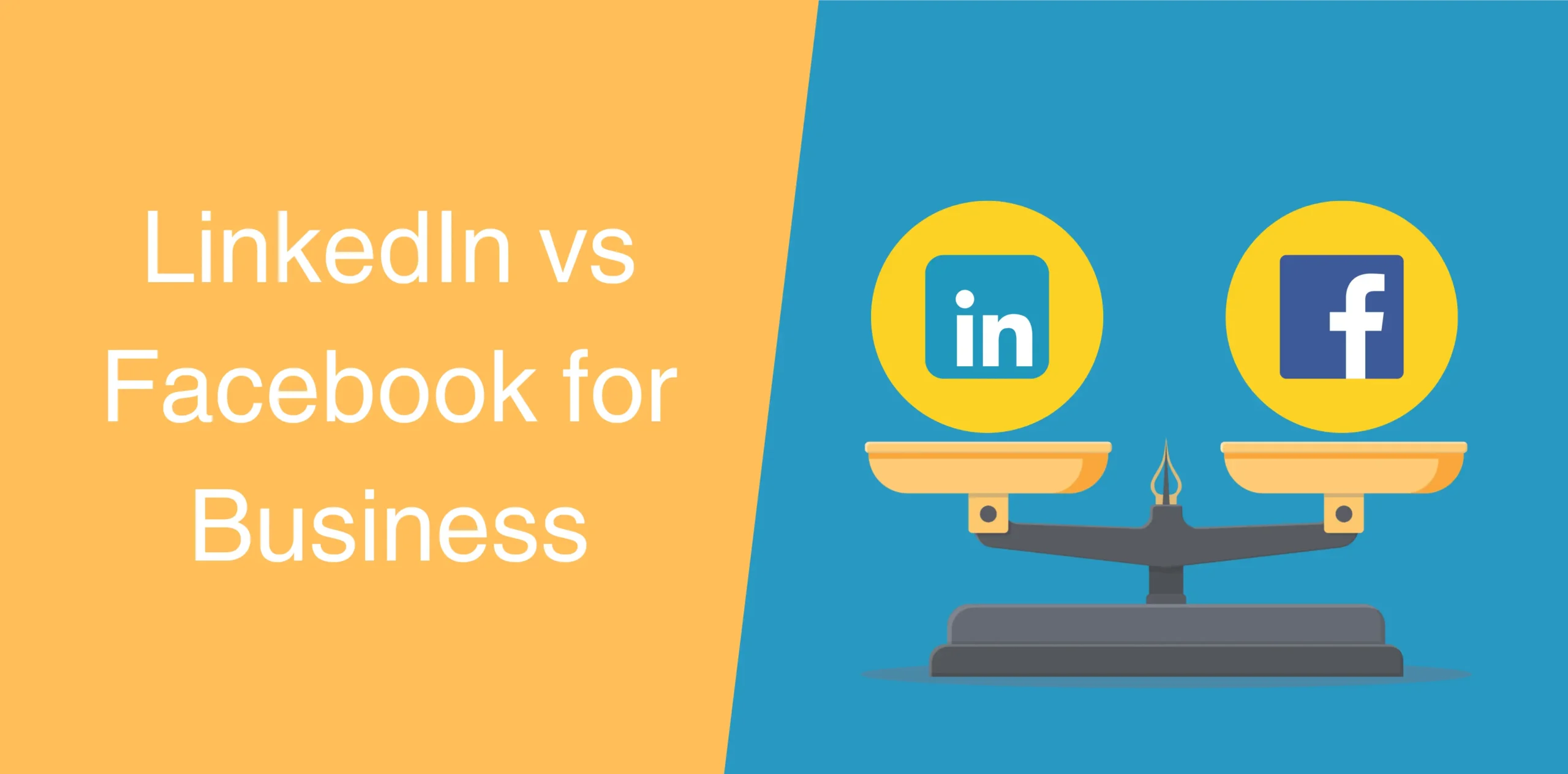It’s no secret that social media is a vital channel for business outreach, lead generation, and brand awareness. With giants like Facebook and LinkedIn in the mix, there’s a world of opportunities to connect with your audience.
But when it comes to deciding which platforms to use, it can be a bit like standing at a crossroads. You might wonder which way to go for the best results.
LinkedIn vs. Facebook for business: which is the best social media platform? The stakes are high, and your decision can impact the return on investment and overall success of your marketing efforts.
In this article, we’ll break down everything you want to know about LinkedIn vs Facebook for business.
LinkedIn vs Facebook Demographics
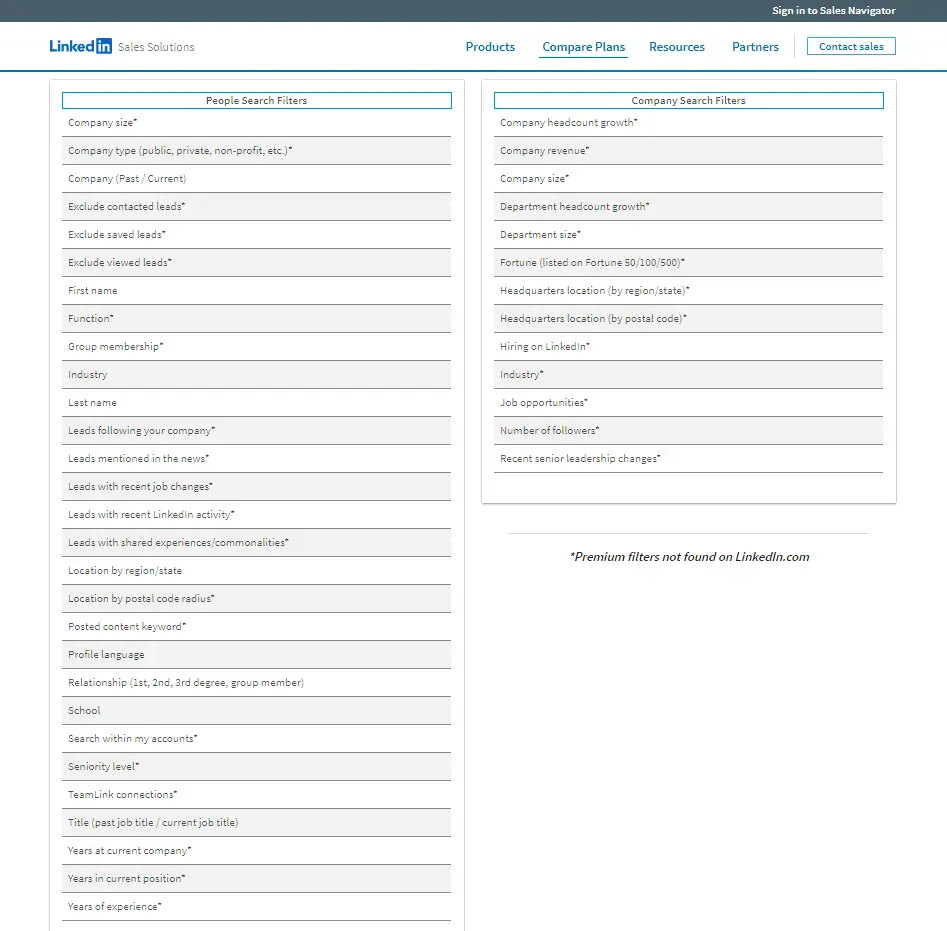
First things first, it is super important to understand the demographics of LinkedIn and Facebook to make an informed choice. Both platforms have different audiences, meaning you must know their demographics before making a choice.
Facebook, a massive platform with nearly 3 billion users, caters to a wide audience, ranging from teens to seniors. This makes it an excellent place to reach a diverse and broad audience.
On the other hand, LinkedIn has more than 1 billion users and takes a more focused approach. It is made specifically for professionals, job seekers, recruiters, and businesses. In simple terms, LinkedIn is a hub for career-centric interactions. This means it is a good idea to use LinkedIn for B2B marketing.
Zooming in on age groups, the prevalent 25-34 range dominates both Facebook and LinkedIn. However, the distinction lies in the breadth of this range.
Facebook spans generations, appealing to various life stages. Meanwhile, LinkedIn maintains a balanced gender representation, creating an even split between male and female users.
These differences aren’t just numbers. They affect the effectiveness of your social media marketing strategy and the overall success of your business.
However, Facebook and LinkedIn analytics are much more than just demographic analytics. As there is plenty of data freely available, delving into them is definitely worth an effort.
LinkedIn Ads vs Facebook Ads
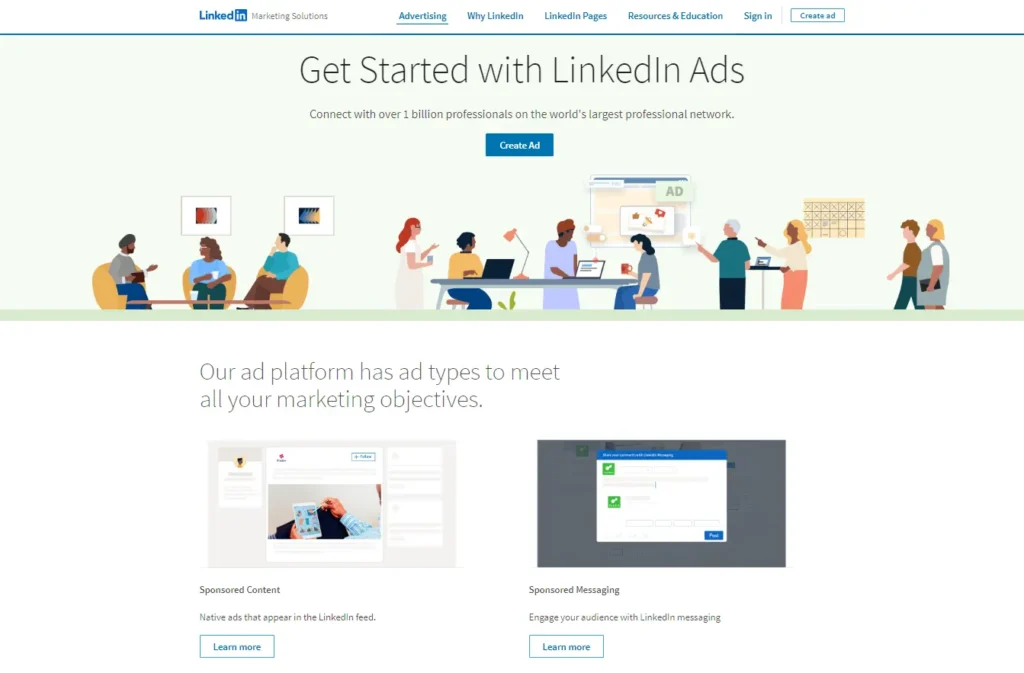
LinkedIn Ads and Facebook Ads offer different courses for brands that want to connect with their target audiences.
Facebook Ads run on interest-based targeting and general demographics, such as age and gender. In contrast, LinkedIn adopts a career-centric focus, enabling targeting based on specific fields, job titles, or even companies. Both platforms give you control over your ad budget, but the cost dynamics set them apart.
Facebook’s Pay-Per-Click (PPC) is pretty affordable, thanks to its expansive audience which makes it a wallet-friendly choice.
Conversely, LinkedIn advertising costs more, approximately five times more than Facebook Ads. But it is a great choice to reach B2B clients as it allows you to reach a more targeted audience, potentially translating into a more substantial Return on Investment (ROI).
It is also essential to understand user intent for crafting a tailored advertising strategy. Facebook users are more inclined toward exploration, discovering new products, and entertaining content.
On the flip side, LinkedIn stands as the go-to B2B advertising platform, attracting users looking for professional insights, job opportunities, or industry-specific information. This means it’s time to streamline B2B LinkedIn account for lead generation and prospecting.
Besides user intent, your business objectives will shape your decision to choose between Facebook and LinkedIn.
If you want to establish yourself as an influential thought leader, LinkedIn is a good choice because it is specifically created for professional networking. Conversely, if you want to boost e-commerce sales, Facebook is an excellent option as it has a diverse user base and the platform facilitates product discovery.
Also, consider the life stage and goals of your business.
If your business is new, you might want to raise brand awareness. This is where you can tap into the expansive reach of Facebook.
On the other hand, if you have an established business, chances are you want to build brand loyalty and foster relationships. These are areas where LinkedIn’s professional networking environment proves invaluable.
LinkedIn Groups vs Facebook Groups
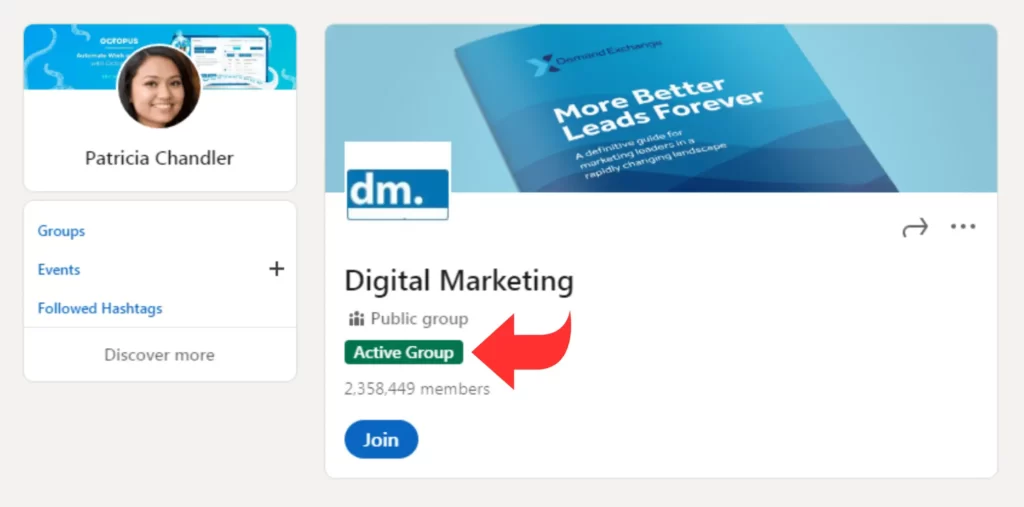
Both LinkedIn and Facebook offer group features, creating spaces where your business can truly engage with the community. But here’s the key – understanding what users seek on each platform.
LinkedIn Groups attract individuals with a professional, work-focused mindset, making them perfect for B2B interactions. Discover how to gain high intent leads from LinkedIn Groups. Meanwhile, Facebook groups offer a diverse range of discussions covering lifestyle, food, politics, and hobbies.
Now, it’s crucial for you to make a choice based on what your audience is after. If your target audience includes general consumers interested in cooking, Facebook groups become your go-to space. However, consider using groups as a part of your LinkedIn marketing strategy if you’re offering high-priced services geared towards top-tier management.
So, it’s not just about having a presence; it’s about being where your audience is, understanding their mindset, and engaging in the conversations that matter to them. That’s the key to making your mark on these platforms.
LinkedIn vs Facebook Pros
While both platforms fall under the category of social networks, their purposes and strengths differ significantly.
Facebook operates as a versatile social sharing platform. It works perfectly for building trust, sharing diverse content, showcasing brand identity, and encouraging engagement.
LinkedIn, with its professional networking focus, shines in employer brand building, B2B advertising, networking with colleagues, and sharing company announcements.
Also, for businesses looking to find talent, LinkedIn emerges as the best platform, with features tailored to the hiring process.
LinkedIn vs Facebook Cons
LinkedIn’s focus on professional networking may limit personal content and casual engagement, leading to more formal interactions.
In contrast, Facebook faces challenges related to user privacy concerns, the spread of misinformation, potential distractions, and algorithmic filtering that can create echo chambers.
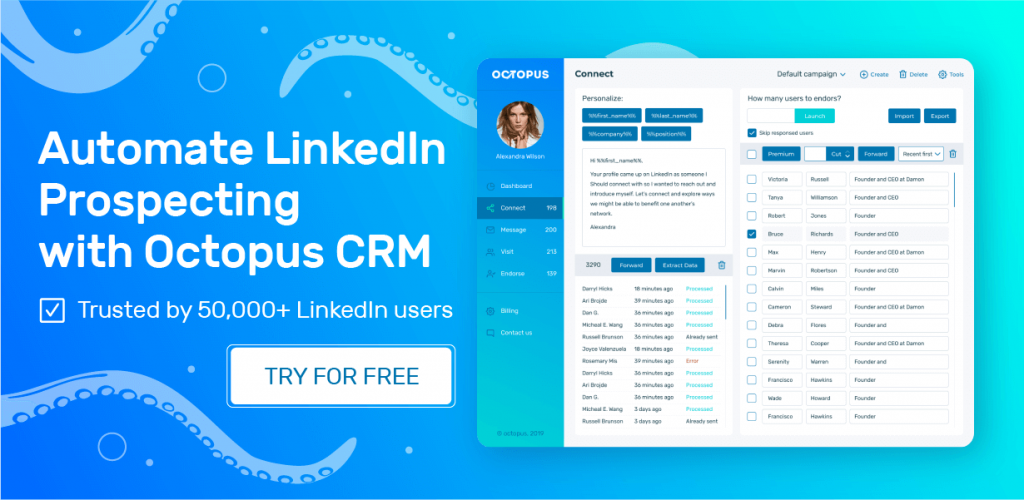
Choosing the Best Social Media for Business
The decision between LinkedIn vs Meta isn’t binary. It’s about aligning your choices with your business objectives. Facebook excels in B2C marketing, brand awareness, and diverse content engagement. On the other hand, LinkedIn is best for professional networking and B2B marketing, such as lead generation and advertising.
It is also essential to know your industry, target audience, and marketing goals. Depending on this information, you may need a strategic blend — use LinkedIn for targeted lead generation and professional networking, and leverage Facebook for broader brand awareness and customer engagement.
